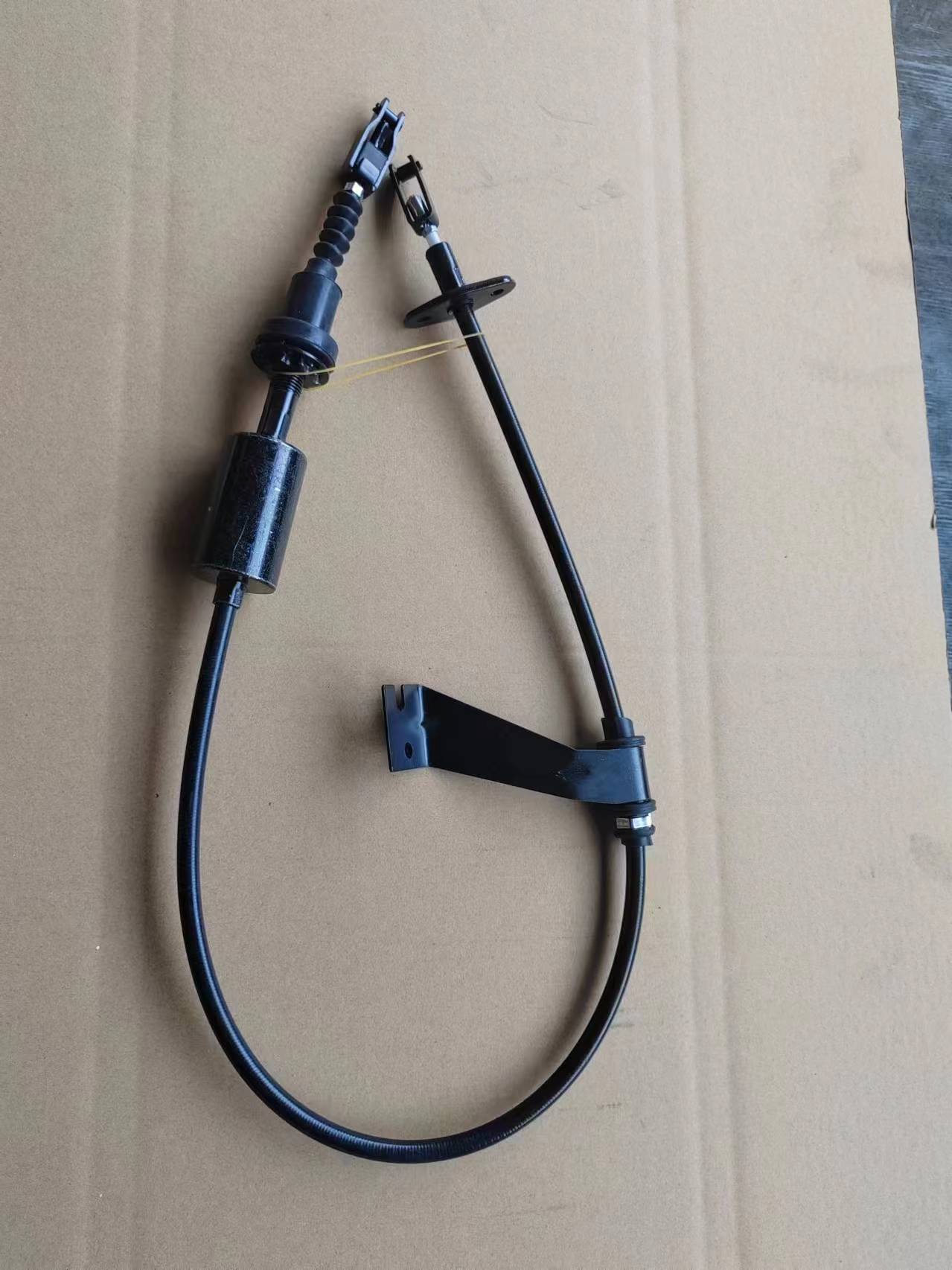Affordable Options for Replacing Your Handbrake Cable and Cost Considerations Explained
Understanding the Cost of New Handbrake Cables
When it comes to vehicle maintenance, one crucial component that often gets overlooked is the handbrake cable. The handbrake, or parking brake, plays a vital role in securing your vehicle when parked, especially on inclined surfaces. Over time, the handbrake cable may wear out or become damaged due to various factors, including rust, corrosion, and general mechanical wear. This article delves into the costs associated with replacing a handbrake cable and the factors that influence these costs.
The Average Cost of a New Handbrake Cable
On average, the cost of a new handbrake cable can range from $30 to $100 for the part itself, depending on the make and model of the vehicle. Additionally, labor costs for installation can add another $50 to $150, bringing the total cost of a replacement handbrake cable to approximately $80 to $250. Luxury vehicles or models that require more intricate work may see costs climbing even higher.
Factors Influencing the Cost
Several factors can affect the overall cost of a handbrake cable replacement
1. Vehicle Make and Model The price of a new handbrake cable can vary significantly between different manufacturers. Higher-end or less common vehicles often have more expensive parts, which can increase replacement costs.
2. Quality of Parts Handbrake cables are available in a variety of quality levels, from OEM (Original Equipment Manufacturer) parts to aftermarket alternatives. While OEM parts are typically more expensive, they often come with a warranty and are deemed more reliable. Aftermarket options are usually cheaper, but it’s essential to research their quality and durability.
new handbrake cable cost

3. Labor Rates Labor costs can fluctuate based on your geographical location. In urban areas or regions with a higher cost of living, labor rates may be significantly higher than in rural locations. Additionally, the complexity of the installation can also affect labor costs; some vehicles may require more time to replace the handbrake cable due to design intricacies.
4. Availability If the required handbrake cable is hard to find, it might lead to higher prices. Specialty parts that are not readily available can be subject to markups from suppliers.
5. Additional Repairs When replacing a handbrake cable, it’s advantageous to inspect the entire braking system. If additional repairs are needed, such as replacing worn brake shoes or servicing the handbrake mechanism, this can increase the overall cost of the service.
DIY vs. Professional Installation
While some vehicle owners may consider replacing the handbrake cable themselves to save on labor costs, it’s essential to have a good understanding of automotive repair. The process can involve removing interior panels or components that are vital to the vehicle’s operation. If not done correctly, it could lead to further issues down the line. Therefore, unless you have the necessary skills and tools, hiring a professional mechanic is often the best course of action.
Conclusion
In summary, the cost of a new handbrake cable can vary widely based on several factors, including vehicle specifics, part quality, labor charges, and additional repairs. Regular maintenance and timely replacement of worn handbrake cables are crucial for ensuring the safety and functionality of your vehicle. By staying informed about the costs involved, vehicle owners can make better decisions regarding their vehicle's maintenance and prevent potential safety risks associated with malfunctioning handbrakes. Whether you choose to go the DIY route or hire a professional, understanding the cost implications will help ensure that you are prepared for the investment in your vehicle's safety.
-
Upgrade Your Control with Premium Throttle CablesNewsAug.08,2025
-
Stay in Control with Premium Hand Brake CablesNewsAug.08,2025
-
Experience Unmatched Performance with Our Clutch HosesNewsAug.08,2025
-
Ensure Safety and Reliability with Premium Handbrake CablesNewsAug.08,2025
-
Enhance Your Vehicle with High-Performance Clutch LinesNewsAug.08,2025
-
Elevate Your Ride with Premium Gear CablesNewsAug.08,2025
